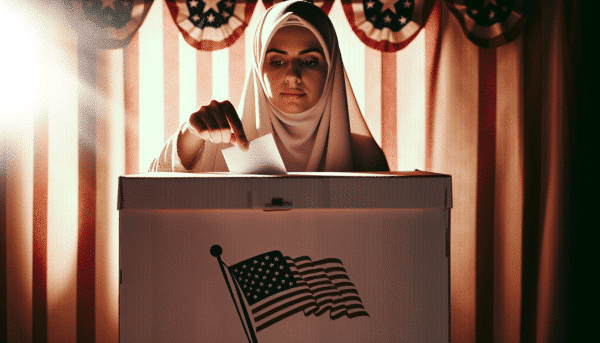
Navigating the denial of an I-130 petition requires a clear understanding of the underlying reasons, the prevalent errors that could lead to such denials, and the potential consequences that follow.
The United States Citizenship and Immigration Services (USCIS) may deny Form I-130 for several reasons, including ineligibility of the petitioner or beneficiary, lack of a bona fide relationship, and insufficient evidence to support the petition. An application based on marriage may be denied if USCIS deems the marriage fraudulent or not legitimate.
These errors can be rectified by rechecking forms before submission and ensuring that all necessary documentation is attached and accurate.
If an I-130 petition is denied, one must begin anew, which involves re-preparation and resubmission, or file an appeal against the decision. However, appealing can be lengthy, and there is no guarantee of reversal, as USCIS is often hesitant to admit errors in their initial judgment. Assessing and understanding the denial notice before deciding on the subsequent course of action is essential.
When an I-130 petition is denied, applicants should carefully examine the denial notice and explore legal avenues to address the decision.
The first step after receiving an I-130 denial is to review the denial notice carefully. The United States Citizenship and Immigration Services (USCIS) will provide specific reasons for the denial. Applicants must check for:
Upon understanding the denial reasons, individuals have several legal options:
Each response has specific forms, deadlines, and processes that must be followed rigorously to increase the chances of a successful outcome. Consulting with an immigration attorney can guide individuals through the correct steps based on their unique circumstances.
When a Form I-130 petition is denied, the petitioner has options for recourse, including filing a motion to reopen, a motion to reconsider, or an appeal with the Board of Immigration Appeals (BIA).
A motion to reopen an I-130 denial must be submitted if new material facts have come to light since the decision. The petitioner must file Form I-290B, Notice of Appeal or Motion, with the required fee. This motion requires evidence that these facts were not available at the time of the original decision.
To file a motion to reconsider, the petitioner must demonstrate that the denial was due to incorrect application of law or policy. The submission must include the applicable law or policy and argue that it was not correctly applied to the original case. This also requires Form I-290B and the accompanying fee.
An appeal to the BIA is made through Form I-290B within 30 days of the decision. The petitioner must clearly explain why the decision was incorrect based on the law or the facts provided. Upon receipt, the BIA will issue a notice of receipt indicating the timeline for the appeal process, typically several months.
When an I-130 petition is denied, the petitioner can opt to re-file the petition. This requires a meticulous approach to correcting past mistakes and providing adequate supporting documents.
Before re-filing Form I-130, it’s essential to identify and amend any errors that led to the initial denial. This may include providing additional supporting evidence or correcting administrative errors in the application. Thoroughly review all USCIS feedback and ensure all missing documents, such as proof of relationship or legal status, are included.
Review the denial notice to understand why the petition was rejected. Gather documents such as:
Consistent and accurate information is paramount when re-filing. Ensure all fields are filled out correctly and no discrepancies exist between the new petition and prior submissions. Use a checklist to verify that all required sections are complete and all necessary documents are attached. Consider consulting an immigration attorney to help ensure that the revised petition meets all USCIS requirements for approval.
When facing a denial of Form I-130, Petition for Alien Relative, individuals often benefit from legal guidance. The intricacies of immigration law necessitate professional advice to navigate appeals or refile correctly.
An immigration attorney specializes in interpreting and applying immigration laws and can help identify the reasons for an I-130 denial. They provide strategies for an appeal or guide clients through re-filing the petition. Here are recommended steps when securing legal assistance:
Nonprofit organizations and legal aid can be valuable resources, especially for those who cannot afford private legal services. These organizations often offer:
Finding these resources can involve:
When applying for a future I-130 petition, applicants must closely review eligibility requirements and ensure their documentation is complete and accurate. Adherence to these two critical areas can significantly increase the likelihood of approval.
Applicants should meticulously verify that they meet all eligibility criteria before submitting Form I-130. The eligibility requirements include:
Complete and accurate documentation is essential in the I-130 petition process. Applicants must:
Thorough preparation and double-checking of all these elements will help prevent common pitfalls that lead to I-130 denials.
No FAQs available.